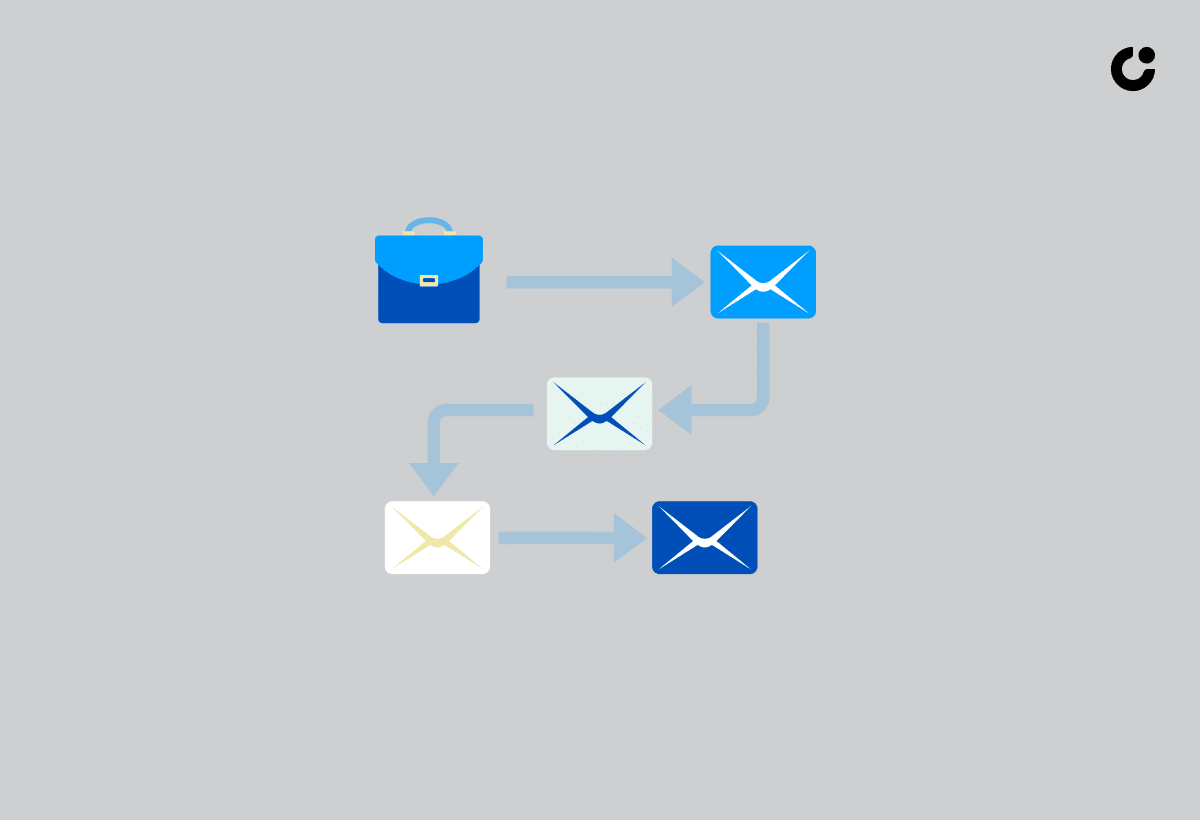Crafting an effective follow-up email to recruiters is crucial in keeping you on their radar and increasing your chances of landing the job. From timing to tone, expressing interest to showing gratitude, this article covers all the essential elements you need to consider when reaching out to recruiters.
Whether you're applying for a specific opening, building your talent network, or simply catching up, understanding the context and clarifying your objectives are key. Stay tuned for the best practices and tips on choosing the right timing for follow-up emails.
Key Takeaways:
Always send a follow-up email to recruiters within a timely manner to keep yourself in their minds.
Use a conversational tone and express genuine interest in the job to create a positive impression.
Clearly state your goal when sending a follow-up email, whether it's applying for a specific job or building your network.
Crafting an Effective Follow-Up Email for Recruiters
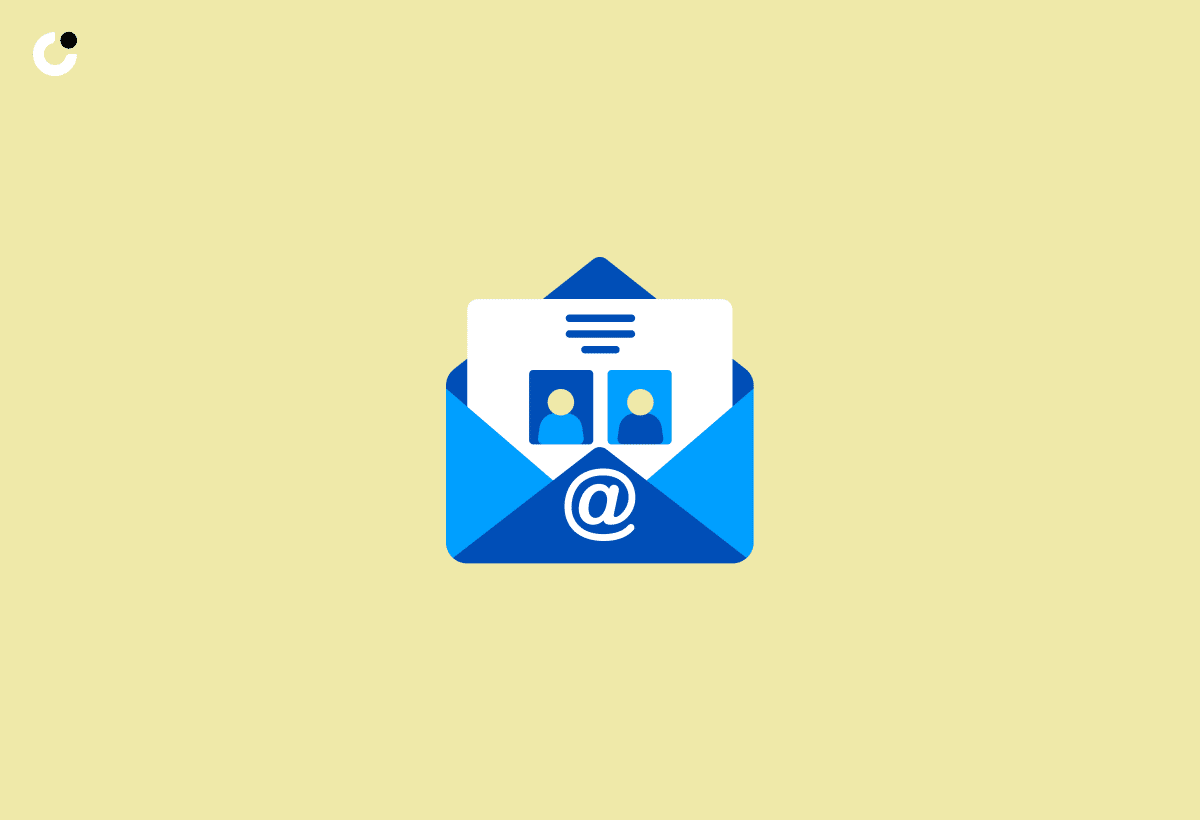
Crafting an Effective Follow-Up Email for Recruiters is essential in the job hunting process, especially after submitting an application or completing an interview.
Follow-up emails serve as a valuable tool to keep you in the forefront of a recruiter's mind and showcase your enthusiasm for the position. When creating these messages, ensure they are concise, professional, and highlight your key qualifications and interest in the role.
Personalizing your follow-up email by referencing specific points discussed during the interview or mentioning any mutual connections can help you stand out
Utilizing email templates can save time while still allowing for customization to each recipient.
Timing Is Key
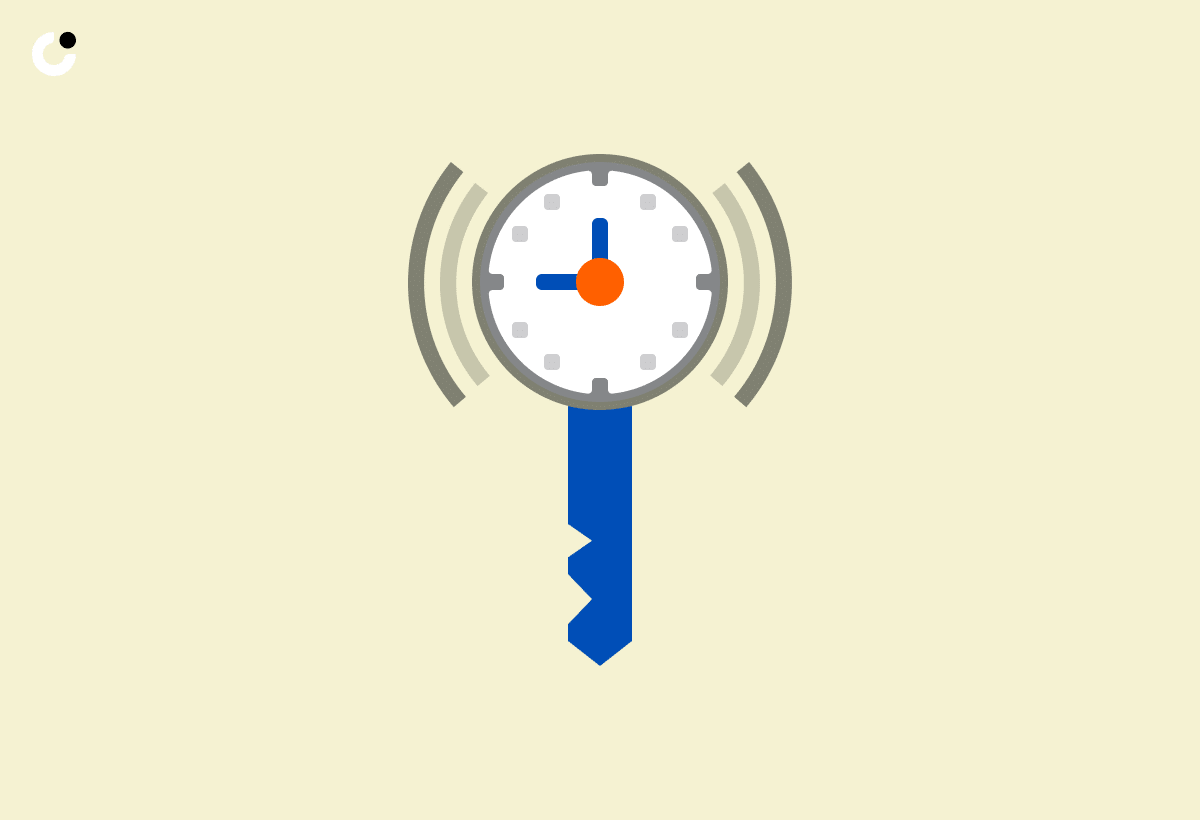
In follow-up emails, Timing Is Key to ensure your message reaches the recruiter at an optimal moment in their decision-making process.
Understanding the candidate's availability and engagement level is crucial when determining the ideal timing for a follow-up email. It is essential to strike a balance between being proactive without coming off as pushy. If a candidate is actively engaging with your previous emails, it might indicate a higher level of interest, making it a good time to send a follow-up. To maintain context and continuity in existing email threads, refer back to specific points discussed previously, and use a concise subject line that reflects the ongoing conversation.
Conversational Tone
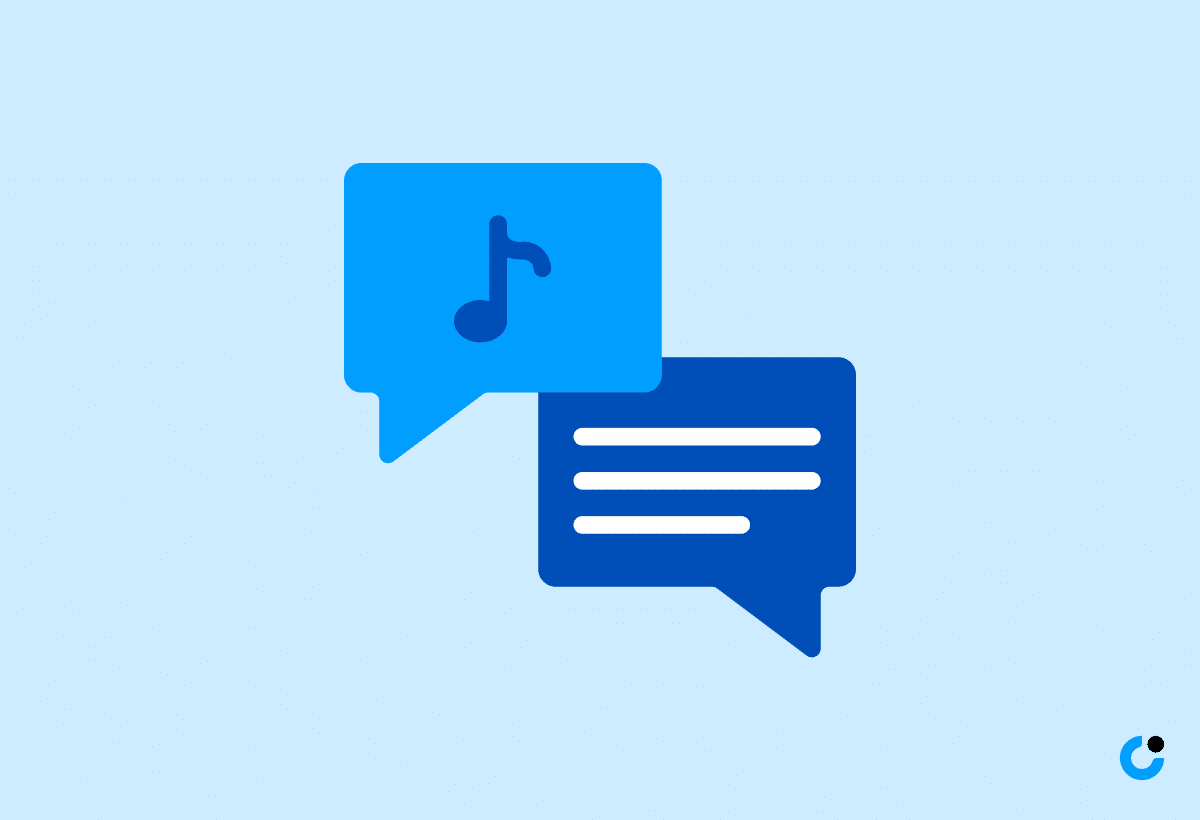
Adopting a Conversational Tone in follow-up emails can enhance your communication strategy and contribute to the overall success of your outreach efforts.
Building rapport in your follow-up emails is crucial in fostering a connection with the recipient. Show genuine interest in the recipient's background or recent achievements to establish a personalized touch. Engaging the recruiter involves asking thoughtful questions about the company culture or the specific job role, demonstrating your enthusiasm and commitment. By infusing your follow-up emails with personality and warmth, you can create a memorable impression that sets you apart from other candidates.
Expressing Interest in the Job

Expressing Genuine Interest in the job opportunity when following up with recruiters can set one apart as a proactive and engaged candidate, especially in sales recruitment scenarios.
When reaching out to sales recruiters post-interview, mentioning specific aspects of the company's values or products that resonate with you can further demonstrate your enthusiasm. Sharing how you envision contributing to the team's success or referencing conversations had during the interview showcases a deep interest in the role. Another impactful way to show commitment is by requesting feedback and highlighting your eagerness to improve and grow. Ending the follow-up email with a strong call-to-action, expressing your desire for the opportunity, can leave a lasting impression on recruiters.
Gratitude Matters

In follow-up emails, showing gratitude matters as it reflects your professionalism, appreciation for the hiring manager's time, and can contribute to the overall success of your application.
When you express gratitude in your follow-up emails, you not only showcase your courteous nature but also leave a lasting impression. A simple 'thank you' can go a long way in solidifying your relationship with the hiring manager and the company. Utilizing email templates can aid in crafting a well-structured message with the right tone. Consider recapping key points discussed during the interview and highlighting how their insights have resonated with you.
Recognizing the efforts and support provided by the hiring manager demonstrates your awareness of the collaborative process involved in the hiring journey. Phrases like 'I appreciate the time you took to meet with me' or 'Your guidance has been invaluable' can personalize your message and show genuine appreciation. Remember to tailor your expressions of gratitude to align with the specific interactions you had during the interview process, making your follow-up email impactful and memorable.
Additional Information
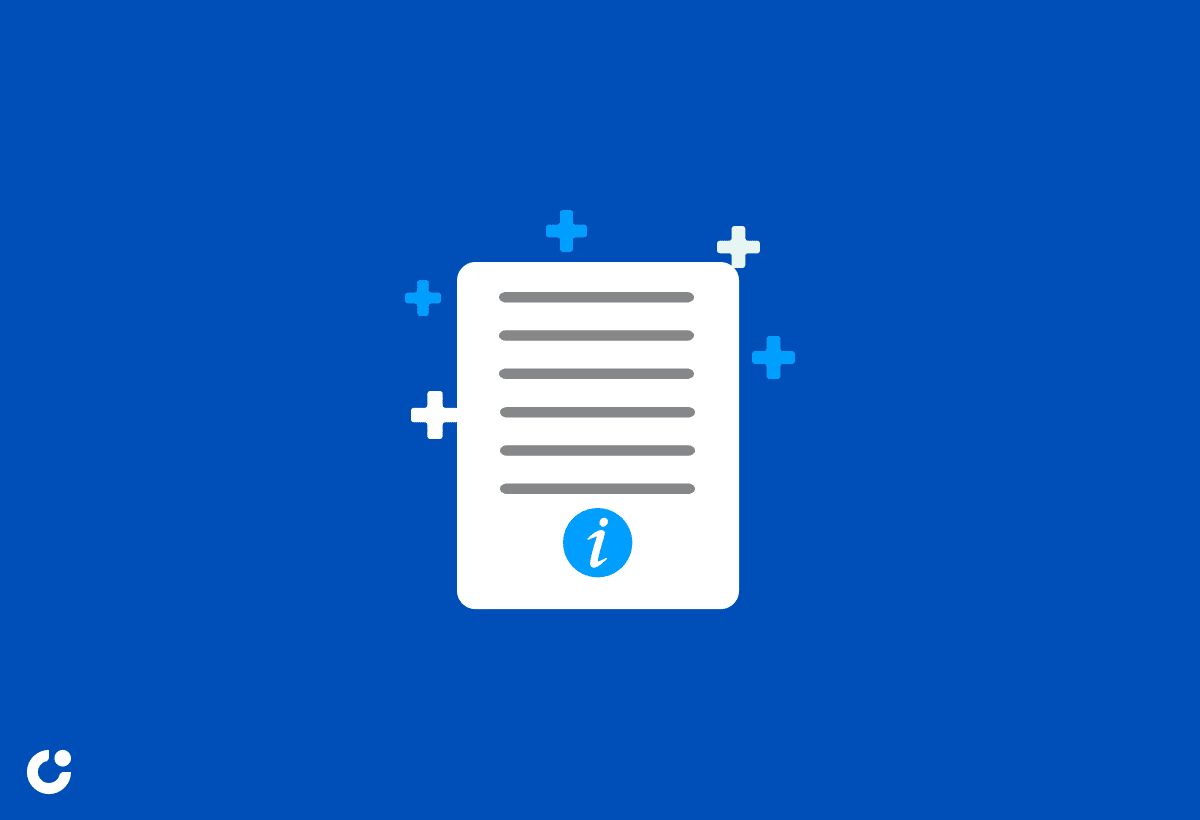
Providing Additional Information in your follow-up email can give the recruiter more context about your candidacy and prompt a clear Call to Action for the next steps in the recruitment process.
Supplemental details or achievements can demonstrate specific examples of your skills and experiences, reinforcing your qualifications beyond what is stated in your initial application.
By including relevant projects, certifications, or awards, you not only showcase your expertise but also exhibit proactive communication and a genuine interest in the position.
This additional layer of information can differentiate you from other applicants, making your application more memorable and impactful.
Determining Your Goal

Determining Your Goal before sending a follow-up email is crucial, whether it's about applying for an opening, exploring job vacancies, or seeking insights from a Certified Recruitment Specialist.
Defining clear objectives helps in crafting a concise and relevant follow-up message tailored to each scenario. When applying for a job, your goal could be to express continued interest, inquire about the application status, or highlight additional qualifications. In the case of exploring job vacancies, your objective may revolve around gathering more information about a specific role, company culture, or potential career advancement opportunities.
By consulting with a Certified Recruitment Specialist, your aim might be to seek guidance on improving your application strategy, understanding market trends, or enhancing your professional profile.
Emphasizing clarity and purpose in your communication sets a solid foundation for productive interactions and increases the likelihood of achieving your desired outcomes."
Applying for an Opening
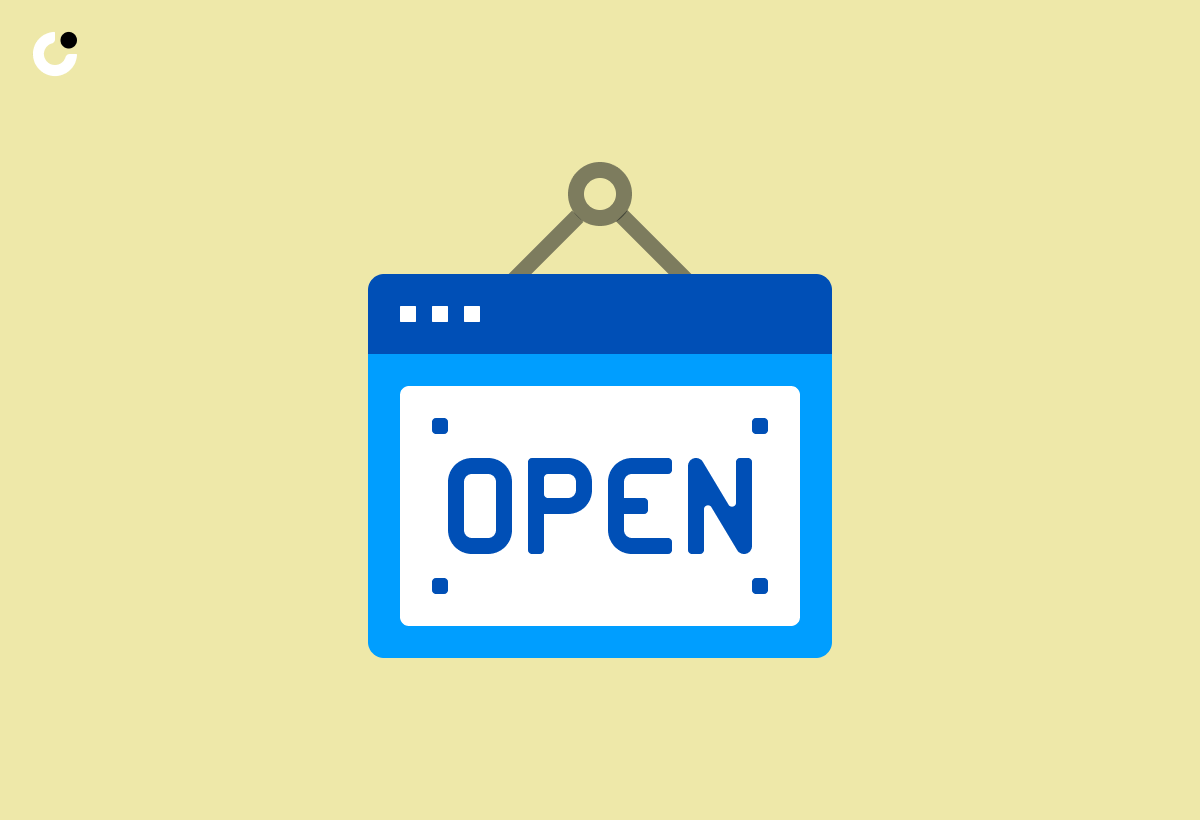
When Applying for an Opening, your follow-up email should emphasize your interest and qualifications, aligning them with the company's needs, especially in fields like B2B or the IT industry.
In these specialized sectors such as B2B or IT, it's crucial to tailor your email to highlight how your specific skills and experiences directly relate to the job description. Showcasing your understanding of industry trends and technologies can set you apart from other candidates.
Mentioning any relevant certifications, projects, or achievements that demonstrate your expertise in the field can further solidify your candidacy. Remember, the goal is to showcase how you can add value to the company and solve their specific challenges.
Building Your Talent Network
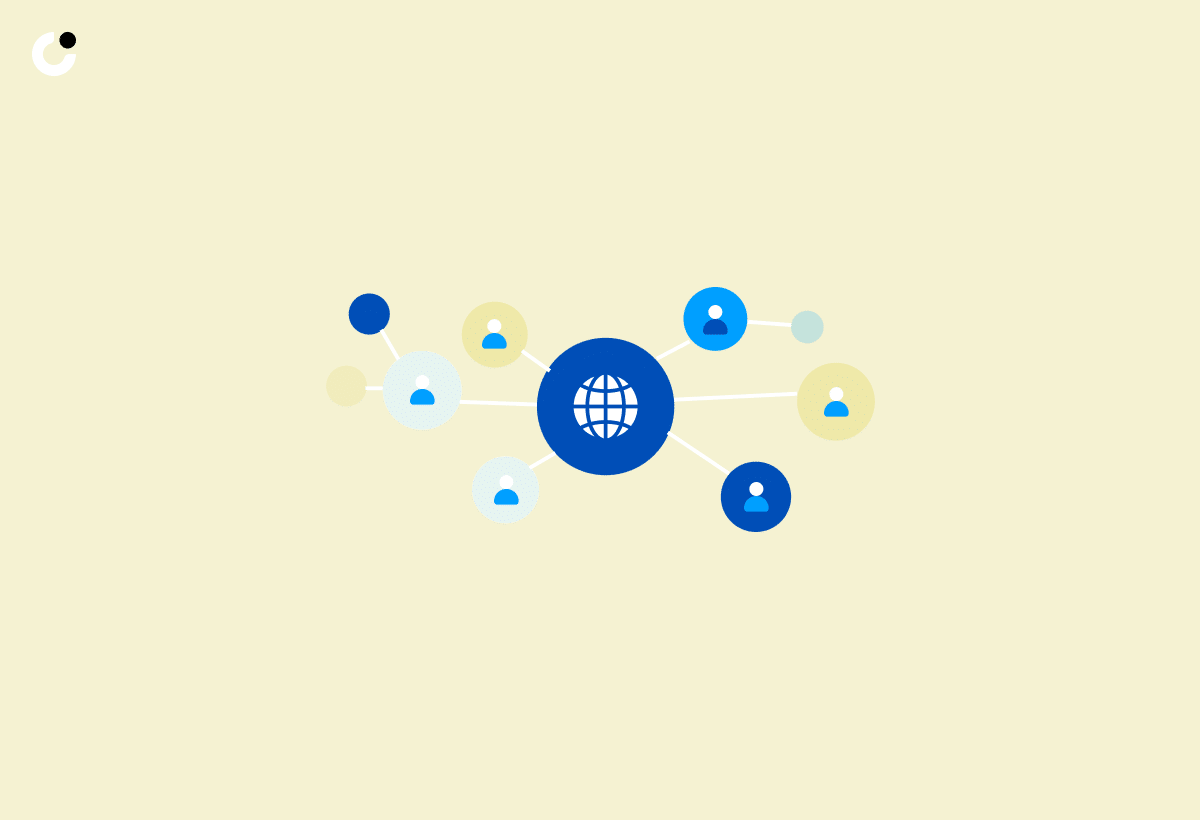
Building Your Talent Network through follow-up emails can expand connections, especially within the LinkedIn community, providing opportunities in diverse sectors like the finance industry or for roles such as operations manager.
By sending personalized follow-up emails after networking events or professional meetings, you can solidify the connections made and keep the conversation going. Following up not only shows your interest and commitment but also strengthens the relationship with potential collaborators or mentors.
Utilizing platforms like LinkedIn for community engagement allows you to stay updated on industry trends, join relevant groups, and interact with professionals across various sectors. This exposure can lead to unexpected opportunities and valuable insights.
Networking/Catching Up

Utilizing follow-up emails for Networking and Catching Up can foster professional relationships, provide insights, and even invite peers to industry webinars, especially in dynamic fields like mobile technology.
These follow-up emails serve as more than just a courtesy gesture; they are a powerful tool for nurturing connections. By staying in touch through regular correspondence, professionals can share valuable updates, exchange industry knowledge, and extend invitations to engaging events such as cutting-edge webinars. This ongoing communication not only strengthens existing relationships but also opens doors to new opportunities. It showcases a genuine interest in maintaining connections and staying abreast of industry developments.
Sharing Information
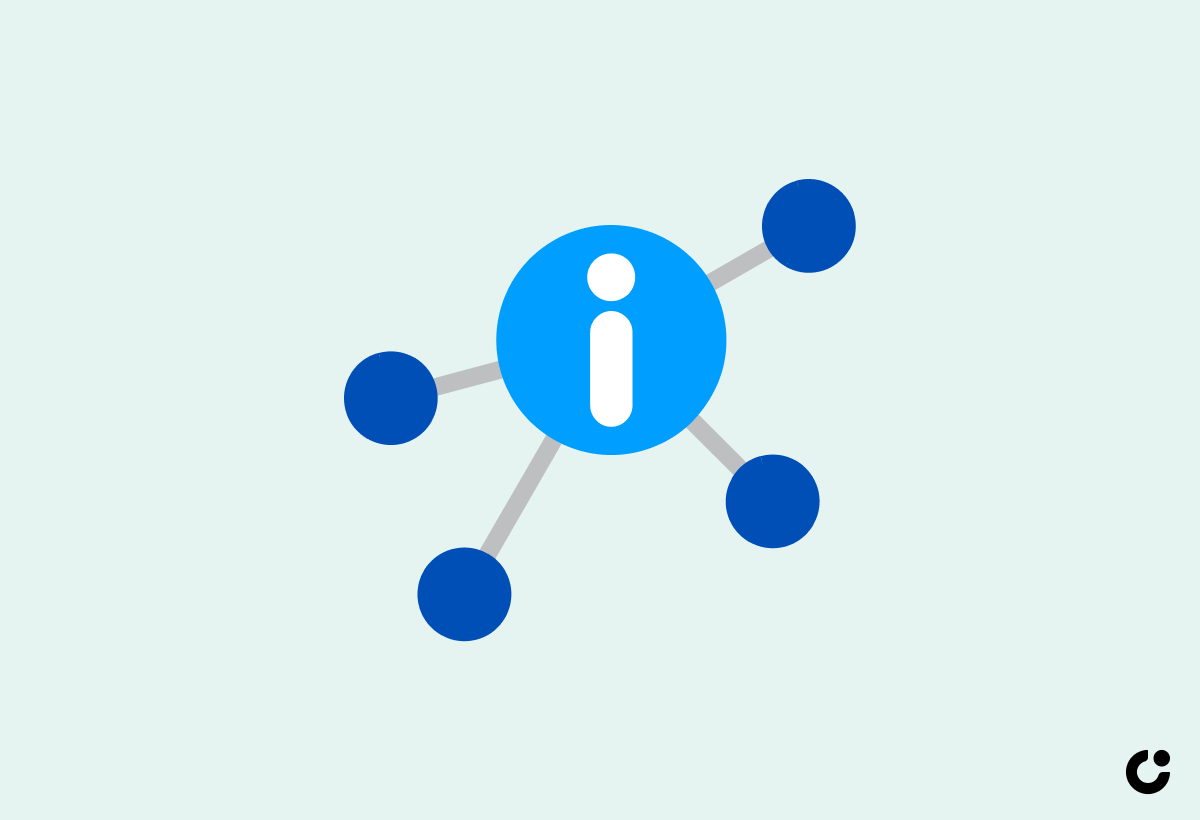
Sharing Relevant Information in follow-up emails can demonstrate your knowledge and expertise, prompting a clear Call to Action from recruiters or hiring managers, particularly in software-related fields or the North America job market.
By providing updates on the latest industry trends, tailoring your insights to showcase expertise within niche software specializations, you can significantly enhance your chances of making a positive impression. Recipients appreciate receiving targeted and valuable information that aligns with their professional interests and challenges.
Adapting your communication style to address the specific dynamics of the North America job market can help you stand out in a competitive landscape. Whether it's highlighting key skills in demand or sharing insights on emerging job opportunities, delivering relevant and localized content can set you apart and increase engagement levels.
Remember, the goal is not just to communicate but to strategically position yourself as a valuable asset worth considering for future opportunities. For more information on crafting an effective follow-up email after an interview, check out this Engaging Recruiters: Crafting an Effective Follow-Up Email guide.
Understanding the Context

Understanding the Context of your follow-up email is essential, whether it relates to a recent application, interview discussions, or nurturing relationships within your talent network.
To effectively tailor your communication, consider referencing specific details from previous interactions to establish a personal connection and indicate genuine interest. Drawing insights from the interview or application process can demonstrate your attentiveness and reinforce your suitability for the position. Leveraging mutual contacts or shared professional experiences can create a sense of camaraderie and strengthen your networking efforts. By incorporating these elements into your follow-up emails, you can enhance engagement and leave a lasting impression on your recipients.
Clarifying Your Objectives
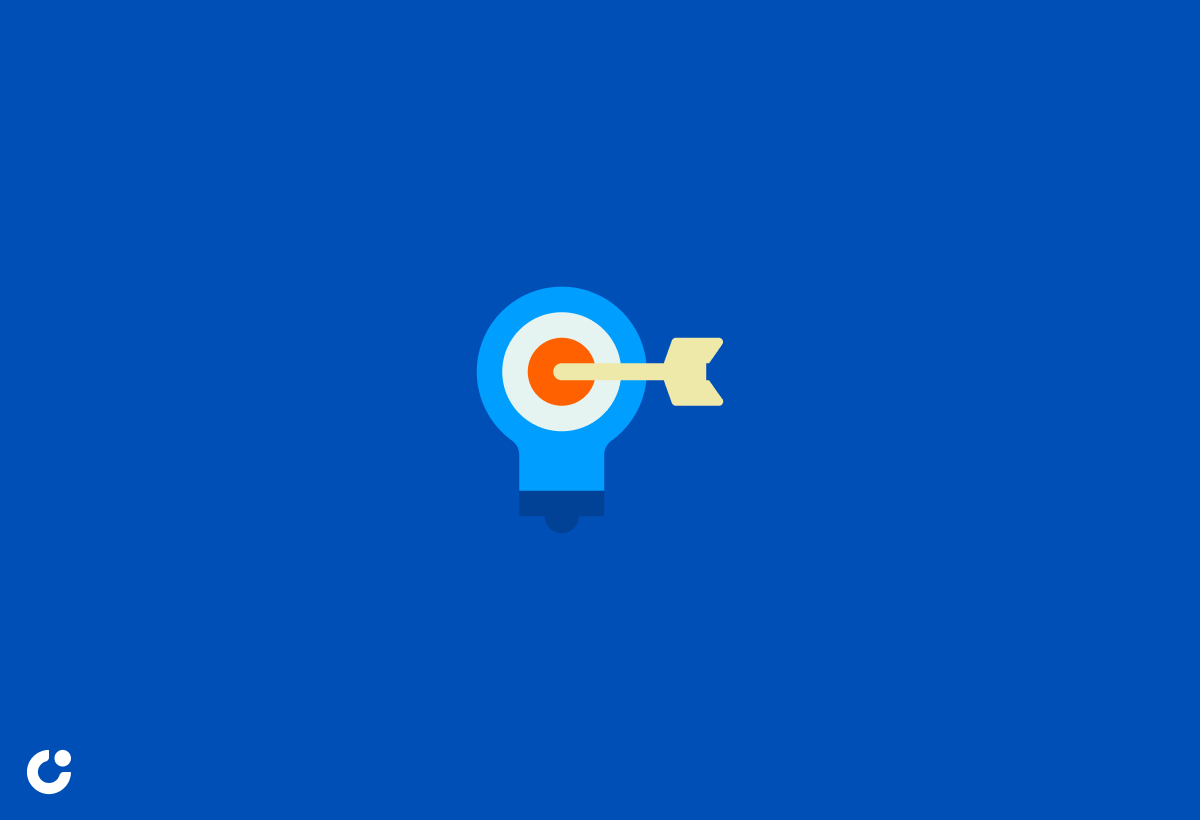
Clarifying Your Objectives in a follow-up email is key to achieving success, whether it's about securing a sales job, advancing in sales recruiting processes, or seeking professional growth.
When crafting a follow-up email for a sales position, clearly outlining your experience relevant to the role, expressing enthusiasm for the company's products, and highlighting your passion for sales can make a lasting impression.
In terms of recruitment progress, specifying your interest in moving to the next interview stage, addressing any concerns raised, and reiterating your qualifications can demonstrate commitment and professionalism.
For those aiming for career growth in sales, setting concrete objectives like acquiring new skills, taking on leadership roles, and expanding your network can signal ambition and drive.
Choosing the Right Timing for Follow-Up
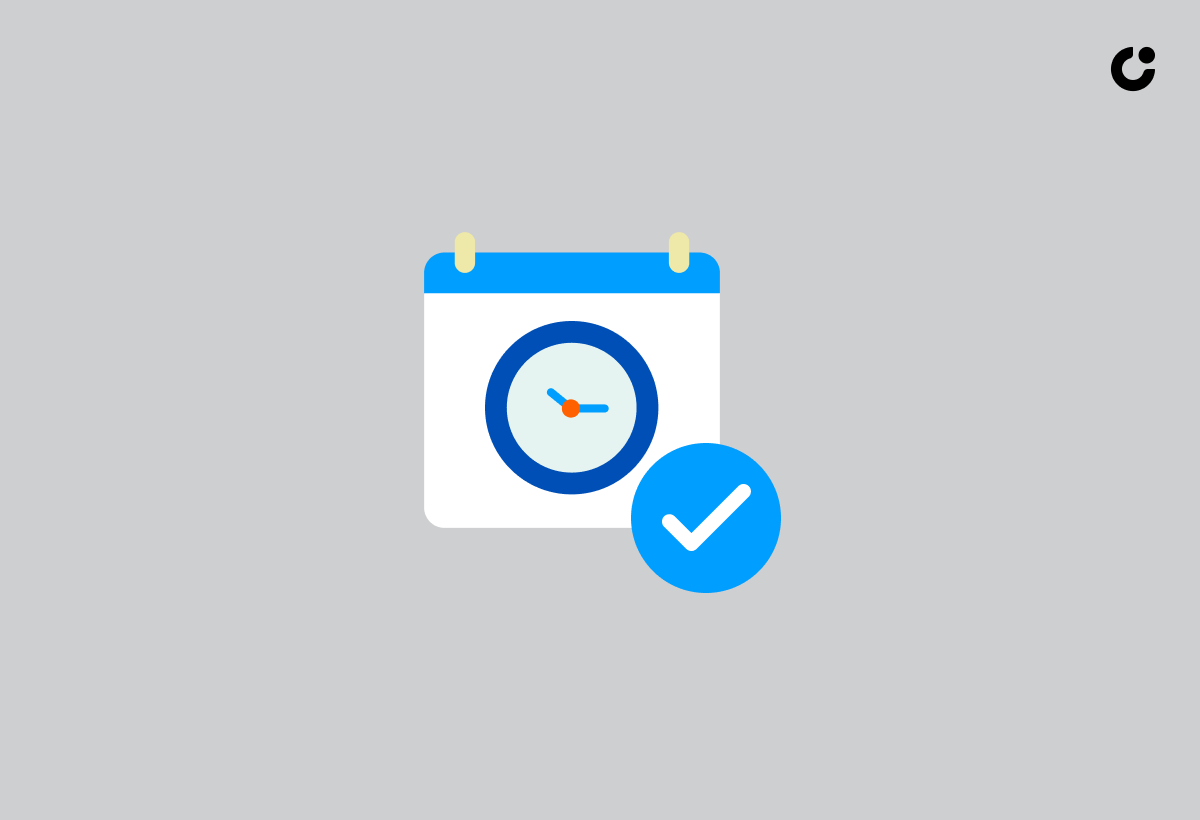
Choosing the Right Timing for Follow-Up is crucial to ensure your message resonates with recipients, whether it's related to nurturing your talent network, engaging with connections on LinkedIn, or optimizing follow-up email timing.
In terms of network engagement, setting the perfect timing for your follow-up emails can significantly impact the outcome of your communication efforts. Consider the level of engagement of your audience and tailor your follow-up accordingly. Timing your outreach after an initial connection or engagement can lead to more meaningful interactions. For LinkedIn interactions, paying attention to when your connections are most active can increase the chances of your message being seen and responded to promptly.
Best Practices for Sending Follow-Up Emails
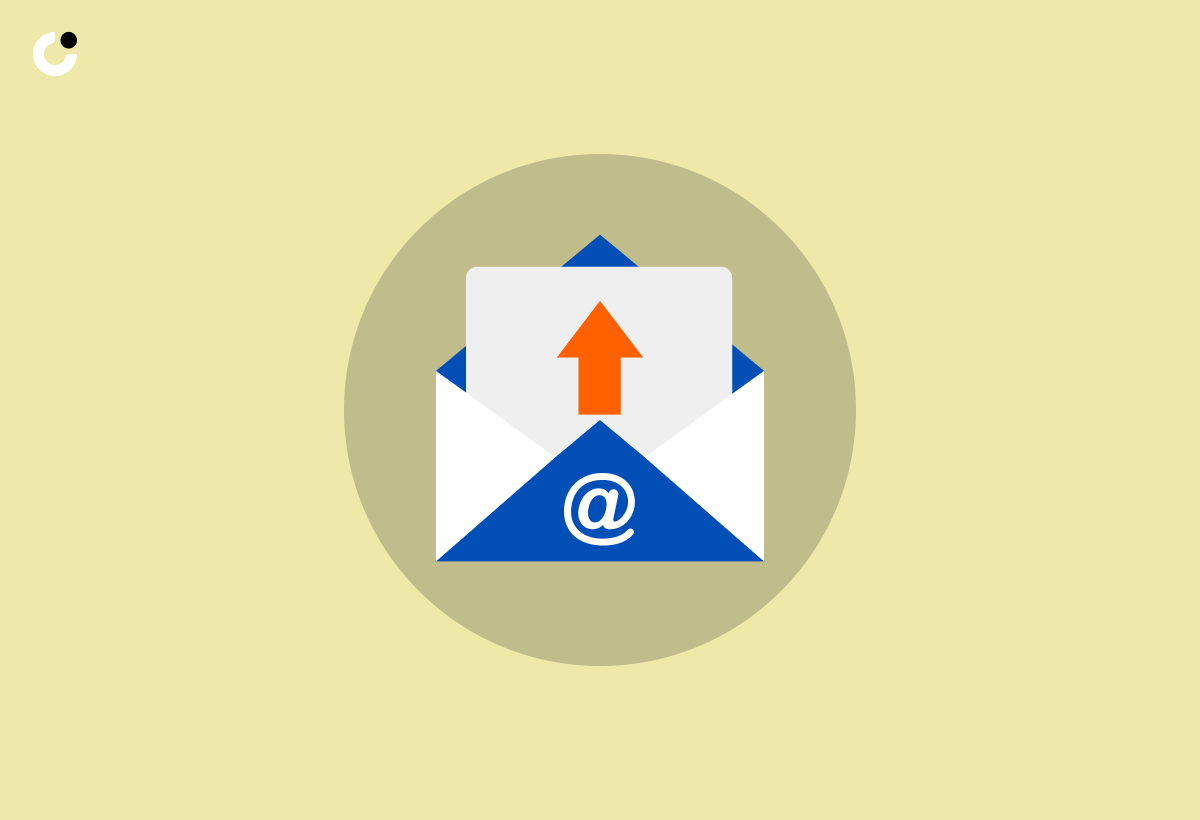
Embracing Best Practices for Sending Follow-Up Emails can elevate your recruitment communication, from using effective email templates to nurturing professional relationships for long-term success.
Engaging Recruiters: Crafting an Effective Follow-Up Email can elevate your recruitment communication, from using effective email templates to nurturing professional relationships for long-term success.
When crafting follow-up emails, it's crucial to personalize the content based on the previous interaction you had with the recruiter. This not only shows your attention to detail but also helps in building a strong rapport. Ensure that your email is concise and to the point, as recruiters are often pressed for time and appreciate clarity. Another tip is to showcase your enthusiasm for the position and the company, demonstrating your genuine interest and commitment.
Related Posts and Resources
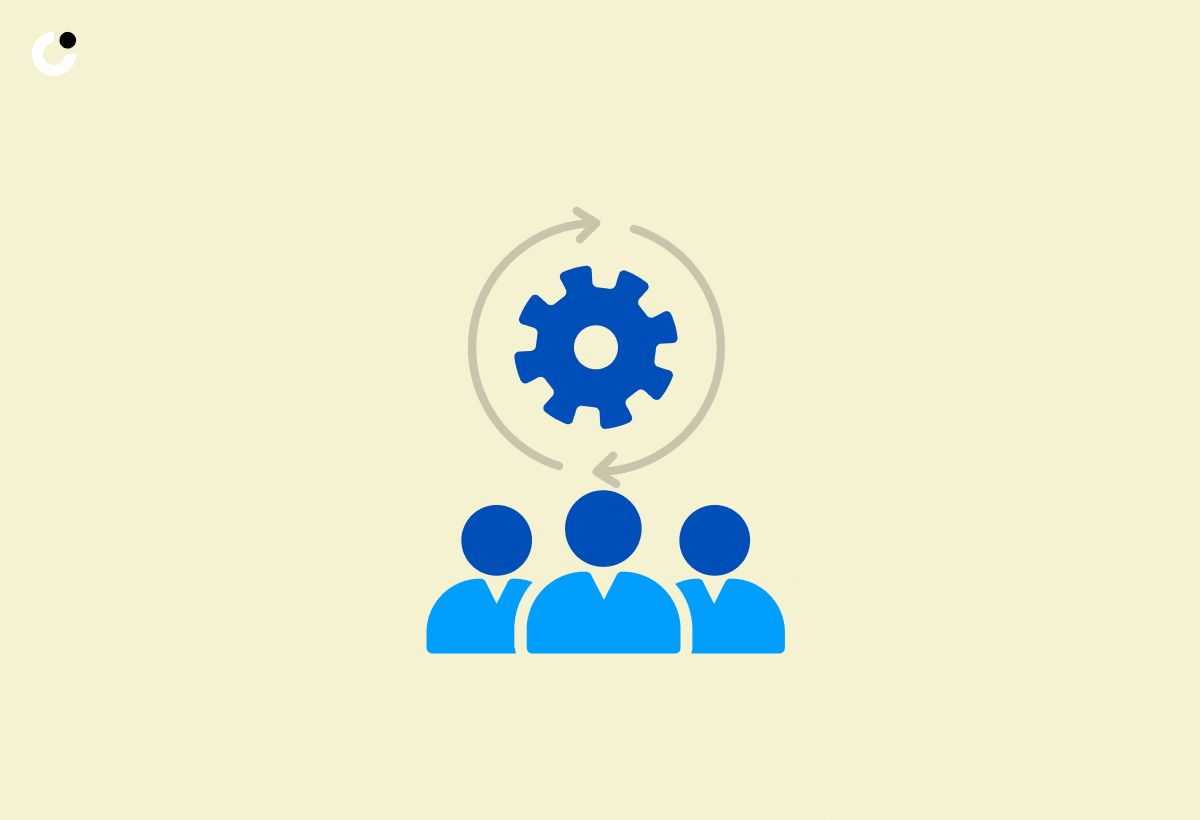
Exploring Related Posts and Resources can offer valuable insights and additional guidance, especially from webinars, industry experts in Digital Media, or Certified Recruitment Specialists.
Webinars hosted by industry leaders provide a great platform to delve deeper into specialized topics and trends within Digital Media. These interactive sessions not only educate but also foster networking opportunities with like-minded professionals.
Seeking advice from Certified Recruitment Specialists ensures access to tried-and-tested strategies for job seeking or talent acquisition in the dynamic digital landscape. Staying updated with the latest articles, case studies, and research reports can broaden one's knowledge base and enhance professional skills in this ever-evolving field.
Frequently Asked Questions
What is the purpose of crafting an effective follow-up email when engaging recruiters?
The purpose of crafting an effective follow-up email when engaging recruiters is to stand out from other candidates and show your continued interest in the position. This can increase your chances of getting an interview and ultimately, the job.
How long should I wait before sending a follow-up email to a recruiter?
It is recommended to wait about a week after your initial application or interview before sending a follow-up email to a recruiter. This allows them enough time to review your application and make a decision.
What should I include in my follow-up email to a recruiter?
In your follow-up email to a recruiter, you should include a brief recap of your qualifications for the position, any additional information that may have not been included in your application, and your continued interest in the position and company.
Do I need to personalize my follow-up email for each recruiter?
Yes, it is important to personalize your follow-up email for each recruiter. This shows that you have taken the time to research and understand the company and position, and also helps you stand out from other candidates who may be sending generic follow-up emails.
Is it okay to follow up multiple times with a recruiter?
It is generally not recommended to follow up multiple times with a recruiter. One well-crafted follow-up email is sufficient. If you do not hear back after your follow-up email, it is best to move on and continue your job search.
What should I do if I receive a rejection after sending a follow-up email?
If you receive a rejection after sending a follow-up email, it is best to thank the recruiter for their time and consideration and ask for feedback on how you can improve for future opportunities. This can help you in your continued job search and also leaves a positive impression with the recruiter.

